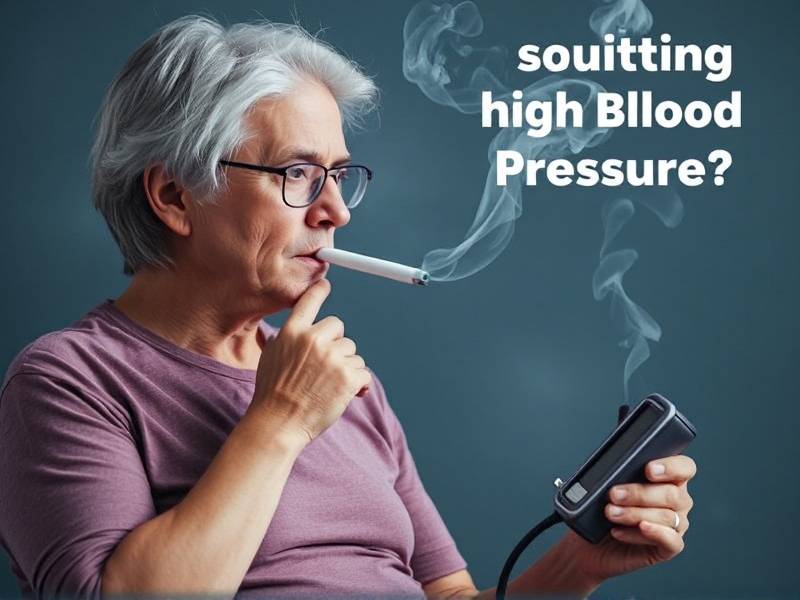How Much Does Quitting Smoking Help with High Blood Pressure?
Unveiling the Health Benefits of Quitting Smoking on High Blood Pressure
Introduction: High blood pressure, also known as hypertension, is a prevalent health concern affecting millions of people worldwide. While managing high blood pressure often requires medication and lifestyle changes, one significant lifestyle modification that can positively impact hypertension is quitting smoking. In this article, we will explore how much quitting smoking can help reduce high blood pressure and shed light on the associated health benefits.
I. The Link Between Smoking and High Blood Pressure

A. Smoking as a Risk Factor Smoking is a well-known risk factor for high blood pressure. The chemicals present in tobacco smoke constrict blood vessels, leading to increased resistance and elevated blood pressure levels.
B. Nicotine's Effects on the Body Nicotine, the primary addictive substance in cigarettes, stimulates the adrenal glands to release adrenaline, causing a temporary increase in heart rate and blood pressure. This prolonged effect contributes to long-term hypertension.
II. The Benefits of Quitting Smoking for High Blood Pressure
A. Immediate Reduction in Blood Pressure Upon quitting smoking, individuals may experience an immediate reduction in blood pressure levels due to decreased nicotine-induced adrenaline release.

B. Long-Term Blood Pressure Reduction Quitting smoking has been shown to lead to significant long-term reductions in blood pressure levels. Studies have demonstrated that within a few years of quitting, former smokers have lower blood pressure compared to those who continue smoking.
C. Enhanced Medication Efficacy For individuals with high blood pressure who are taking medication, quitting smoking can enhance the effectiveness of their treatment by reducing overall blood pressure levels.
III. Additional Health Benefits of Quitting Smoking
A. Improved Cardiovascular Health Quitting smoking not only helps lower high blood pressure but also improves overall cardiovascular health by reducing the risk of heart attacks, strokes, and other cardiovascular diseases.
B. Enhanced Lung Function By eliminating exposure to harmful substances found in tobacco smoke, former smokers can experience improved lung function and reduced risk of respiratory diseases.
C. Better Quality of Life Quitting smoking has been associated with improved mental health, increased energy levels, and an overall better quality of life for individuals with high blood pressure.
Conclusion: In conclusion, quitting smoking can significantly help reduce high blood pressure levels both immediately and long-term. By eliminating nicotine exposure and its detrimental effects on the body's cardiovascular system, former smokers can enjoy improved health outcomes and a better quality of life. If you are struggling with high blood pressure or are a smoker looking to quit, consider seeking professional guidance and support to embark on your journey towards a healthier life.
